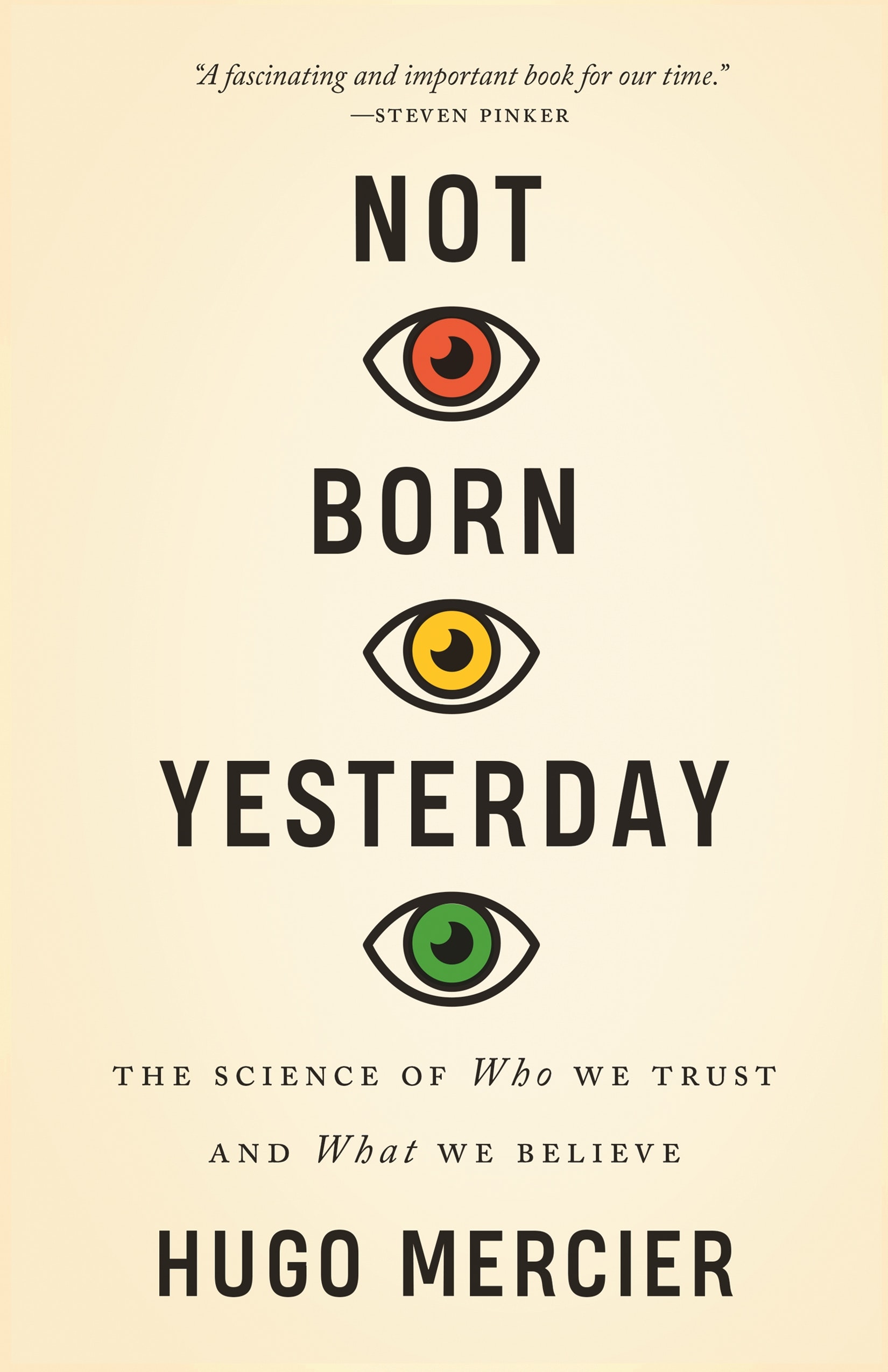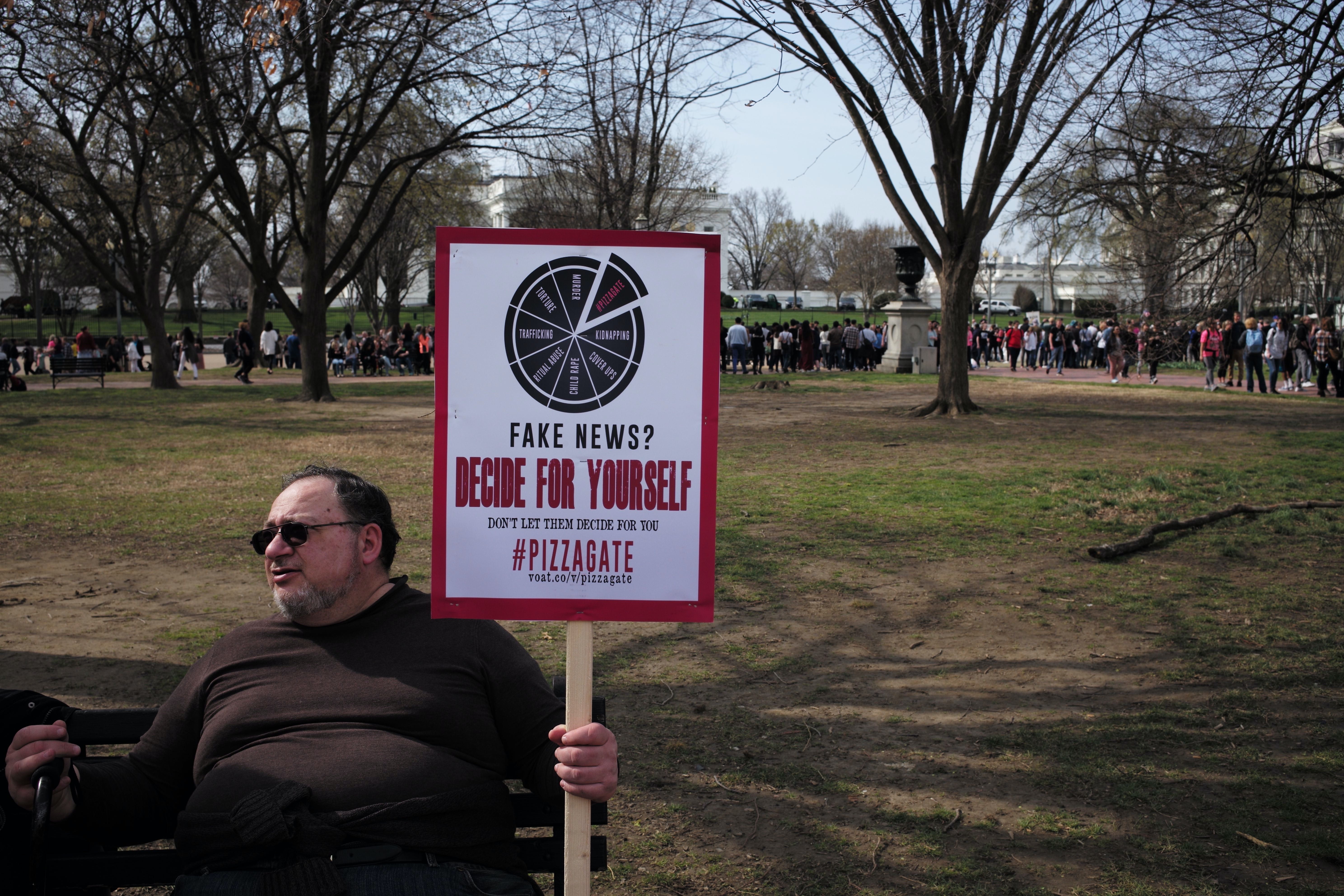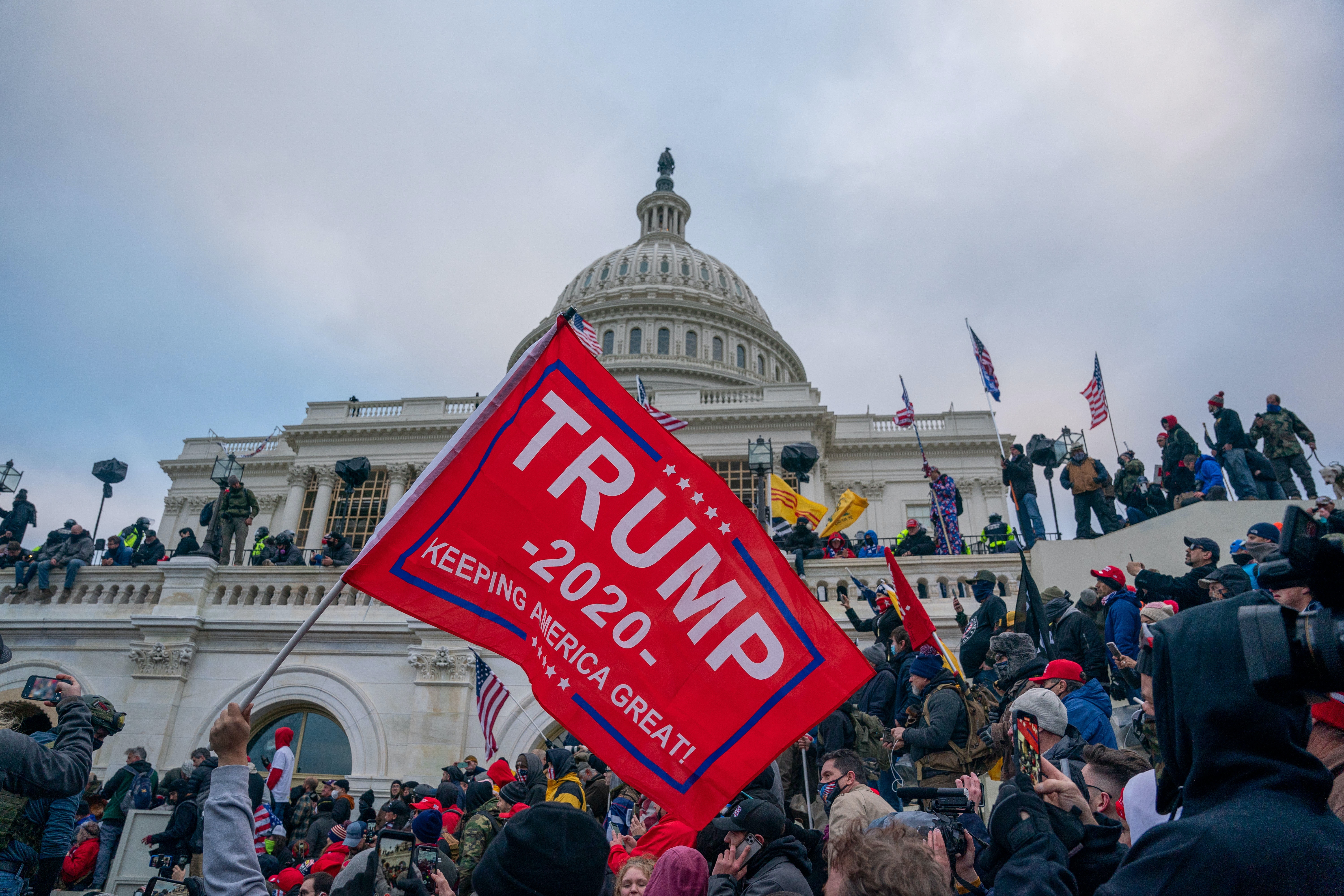Conspiracy theories are dangerous even if they don’t affect behaviour
Much has been made in recent years of politicians like Donald Trump and their use of conspiracy theories. In Canada, a number of conservative politicians have voiced support for conspiracy theories.
However, some evidence suggests that those who are most vocal about conspiracy theories do not necessarily take them seriously — or at the very least, are unlikely to alter their behaviour to accommodate their conspiratorial beliefs. But despite this, conspiracy theories and those who endorse them can pose serious risks to public safety.
Conspiratorial beliefs
In his recent book, cognitive scientist Hugo Mercier suggests that we don’t endorse all of our beliefs in the same way.
Cognitive scientists have theorized that beliefs come in two forms: intuitive and reflective.
Intuitive beliefs are closely linked to our behaviour. Reflective beliefs are higher order beliefs, and are therefore further removed from action. This difference in belief type leads to an interesting consequence: it is possible for us to hold beliefs that do not rationally affect our behaviour.

Related research suggests that beliefs can operate as signals. We might think beliefs are primarily useful since they are action-guiding, but this is not their only function. Beliefs function as useful indicators for social interactions and status.
Some philosophers and psychologists suggest social influence on beliefs is, in part, an evolutionary feature of group cohesion, since false beliefs are often acquired thanks to social incentives, rather than individual deliberation.
When another person tells me which political party they voted for, or their stance on a social issue, I recognize that those beliefs also communicate a set of values. In this way, people can be vocal about their beliefs to vie for social belonging. At the same time, these interactions inform how we acquire our beliefs. This means I am likely to come to endorse the beliefs espoused in my social community.
Pizzagate: the impact of conspiracy
Mercier explains some of these implications through the “Pizzagate” conspiracy theory. Pizzagate gained popularity during the 2016 U.S. presidential election after one of Hillary Clinton’s campaign chairmen was hacked in an email phishing attack. Rumours quickly gained traction on right-wing platforms claiming the leak revealed Clinton was a pedophile involved in a sex-trafficking ring run out of the basement of a Washington D.C. pizzeria.
Read more: Buying into conspiracy theories can be exciting – that’s what makes them dangerous
After learning about the conspiracy, and coming to believe it was true, a man named Edgar Maddison Welch made plans to free those being held in the pizzeria. He drove to Washington, armed with assault weapons, and threatened staff at the restaurant to let the victims go. There were, of course, no victims to be found and Welch was later arrested.
Welch believed the Pizzagate allegations were true, and his behaviour was directly affected. He did everything in his power to free the victims he believed to be in the basement of the pizzeria. This is an example of intuitive beliefs that tangibly affected a person’s behaviour.

What might a reflective endorsement of the Pizzagate conspiracy look like? Mercier draws attention to a negative online review of the Pizzeria. The reviewer claimed the pizza was bad and also endorsed the conspiracy theory. They also mentioned they had brought their children to the restaurant.
Despite believing the conspiracy, that belief did not rationally impact their behaviour. A rational response to hearing a pizzeria is hosting a sex-trafficking ring would not be to bring your own children there. This suggests the reviewer endorsed the conspiracy theory reflectively: their professed belief did not impact their behaviour.
This tells us that human beings are not as gullible as some psychological studies might suggest.
Conspiracy theories still dangerous
While this tells us something interesting about human reasoning, I think there is a dangerous implication that looms. Because conspiracy theories do not necessarily lead to massive behavioural changes among those who endorse them, we might want to conclude that they are not as dangerous as they are made out to be. We should resist this impulse.
In the case of Pizzagate, there were supposedly millions of people who endorsed the conspiracy, but only one who stormed the pizzeria. Even if conspiracies are not tangibly affecting behaviour, we still have reason to combat them.
When conspiracy theories spread racist, sexist, and other problematic ideas, the perpetuation of the theory (even if there is no behaviour attached) amounts to hate speech. Conspiracy theories can target marginalized groups, even when those who profess conspiratorial beliefs are not themselves committing hate crimes.
The consistent articulation of conspiracy theories also has a negative impact on the public’s level of trust in experts. This can lead to safety issues, including under-vaccination and climate science denial, leaving people unable to recognize what is in their best interest.
Imagine if the vast majority of people passively endorse an anti-medicine conspiracy theory. They become vocal about their belief, since it acts as a signal of their social allegiances. But when they become sick or need medical attention, they ignore their conspiratorial beliefs and listen to medical professionals anyway. We might think this isn’t a big problem.

But now suppose there is a subset of this population who intuitively endorse the conspiracy and remain steadfast in their anti-medicine beliefs. We can see how these people can put the rest of the population at risk when real threats to public health arise. More than this, those signalling support are nonetheless still doing harm. If a conspiracy becomes widespread, people’s beliefs are consistently psychologically reinforced, leading to an inflated sense of confidence about their mistaken beliefs and behaviour.
All this indicates that real dangers come along with endorsing conspiracy theories — even when it doesn’t involve a large number of people allowing conspiracies to guide their behaviour. Conspiracy theories and those who endorse them can pose serious risks. Signalling conspiratorial beliefs can be reckless. We should be invested in acquiring true beliefs.

